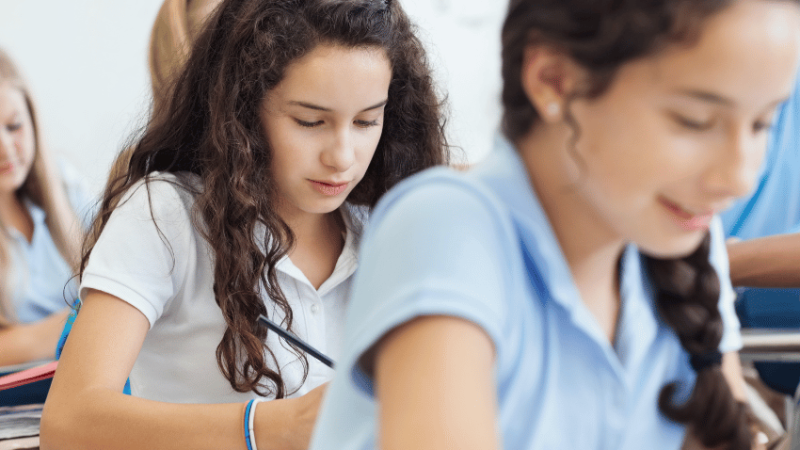4 of the best probability games and exercises for KS3 maths
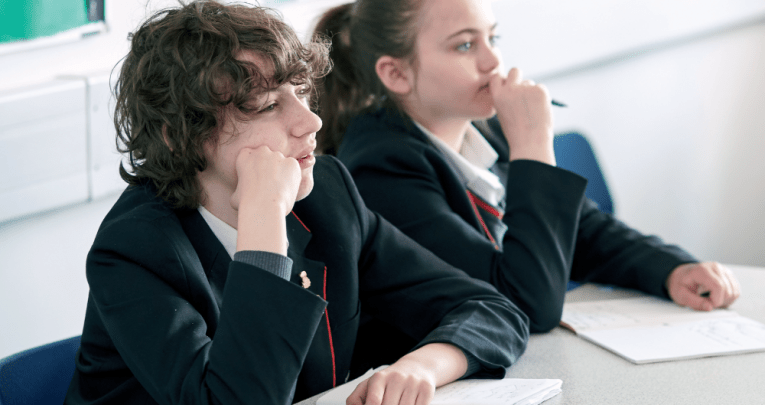
May the odds be ever in your students' favour with these excellent ideas for teaching probability

- by Teachwire
- Classroom expertise and free resources for teachers
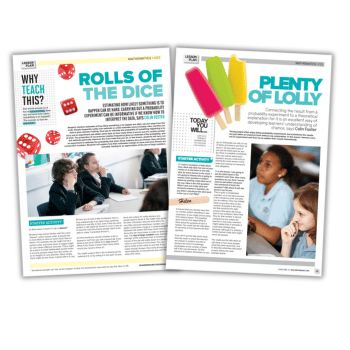
People are often bad at guessing probability. We’re ever optimistic. Even when we’re told the odds of winning the lottery are 13,983,816 to one, we still get our hopes up.
That, right there, is known as the optimism bias.
It can cause all manner of problems, from gambling to underestimating the time, effort and cost involved in big projects. Hopefully none of that will affect your students, but teaching them probability is a good way to ensure they don’t run into risk-reward situations haphazardly.
And if nothing else, probability is also good for some excellent statistics, like this:

But to understand some of those, your students will first have to master the basics, and these resources can help them on their way.
Over and underestimating
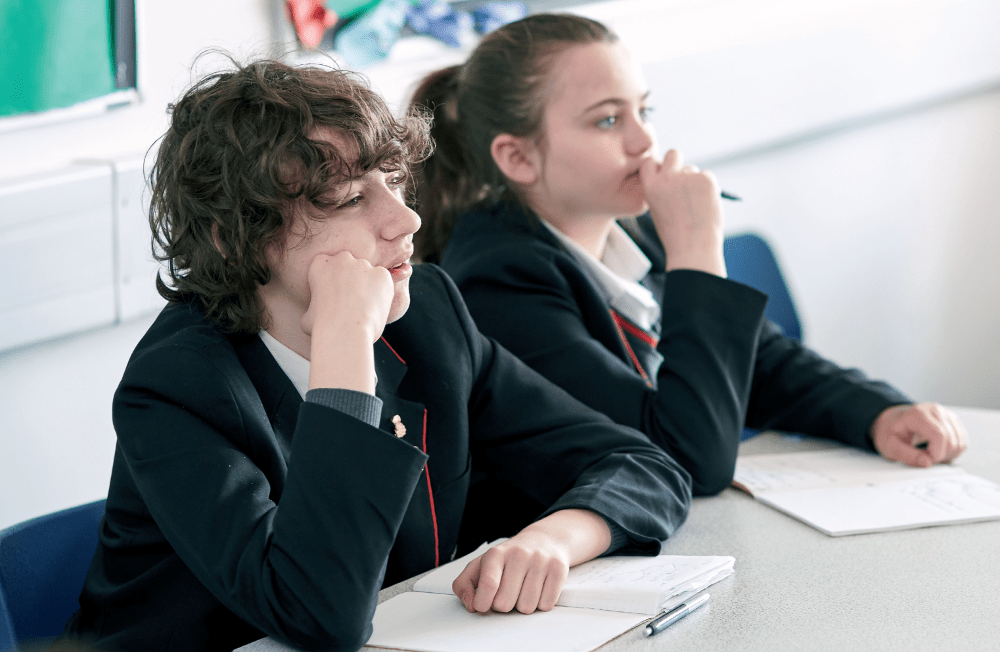
People frequently vastly overestimate or underestimate many everyday risks, which can lead to poor decision making.
One way to estimate the probability of something happening is to carry out an experiment and obtain some data on how many times it occurs out of a certain number of trials.
The proportion of occurrences (relative frequency) gives an estimate of the probability, and this estimate generally improves the more trials that you do.
Download this lesson plan and accompanying worksheet here.
What are the odds?
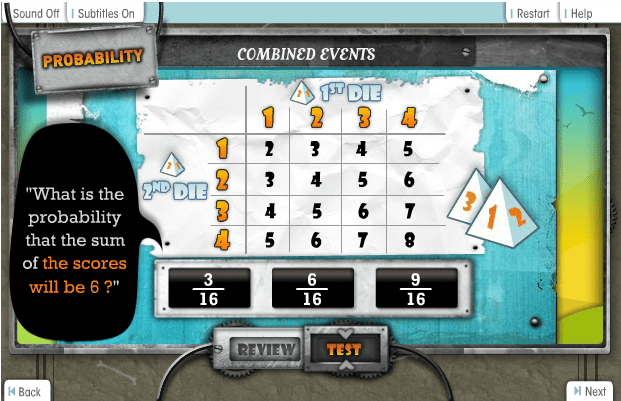
This BBC Bitesize page runs through the basics of probability, testing students along the way.
Play through this tutorial here.
Probability games
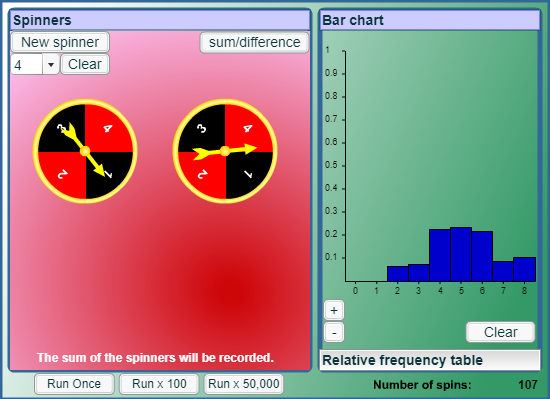
There’s a whole selection of interactive activities on the NRICH site that you can use to illustrate probability.
This particular one involves two spinners, each with the numbers 1-4 on them.
Click the button to send the spinners into motion, and add the two numbers on which they land.
Children have to predict which answers have a higher chance of coming up, and explain why.
You can find all NRICH KS3 probability games here.
Probability experiment
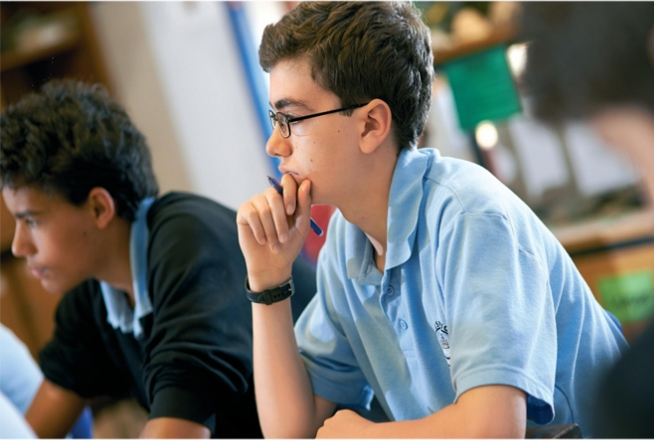
If you choose which student will answer a question by drawing lolly sticks bearing their names from a cup, how many questions would need to be asked before everyone has a chance to answer?
That’s the subject of this KS3 maths lesson that sets up a problem solving activity on probability.
Download this free lesson plan here.
Download more KS3 probability resources.








